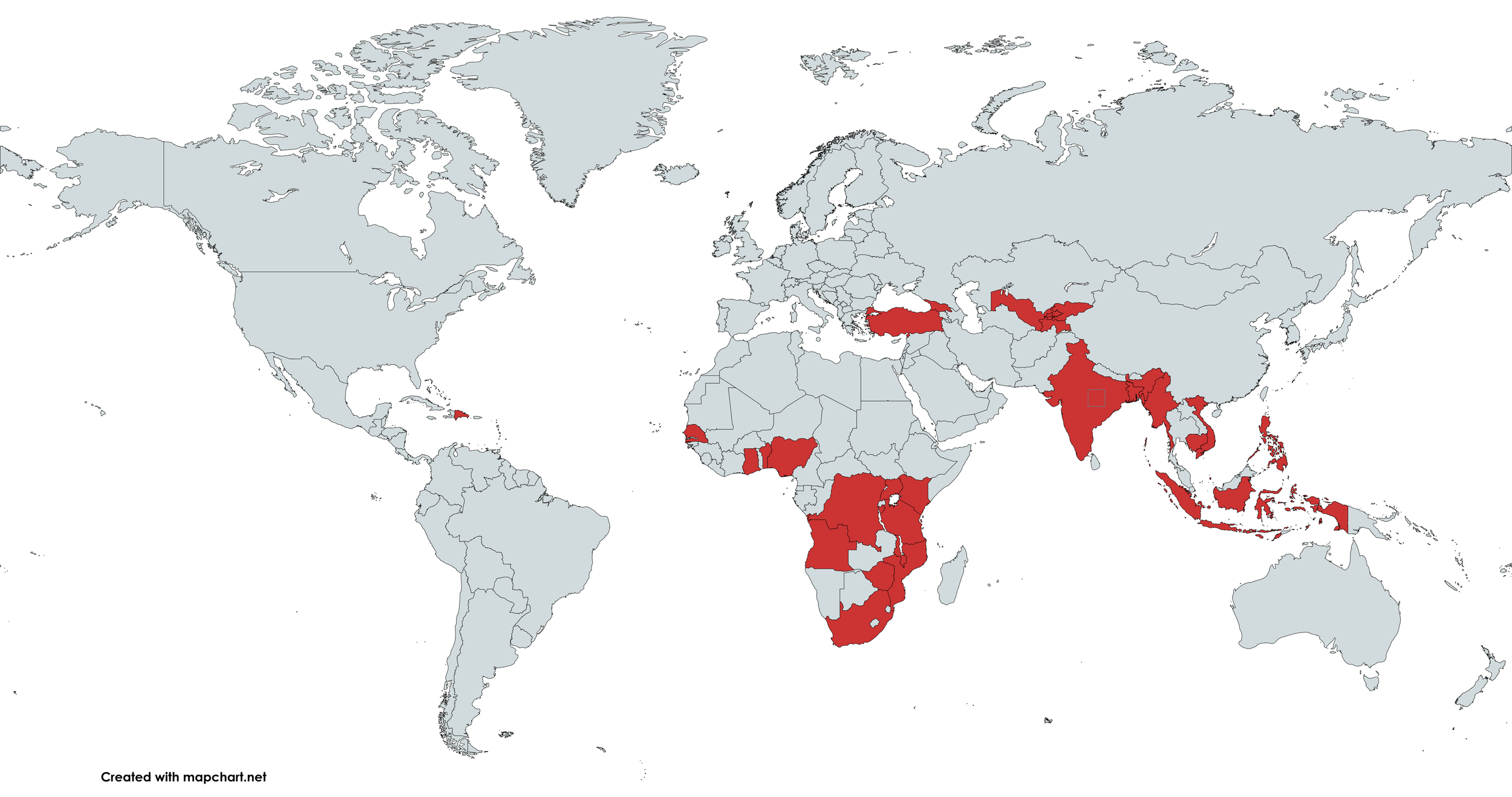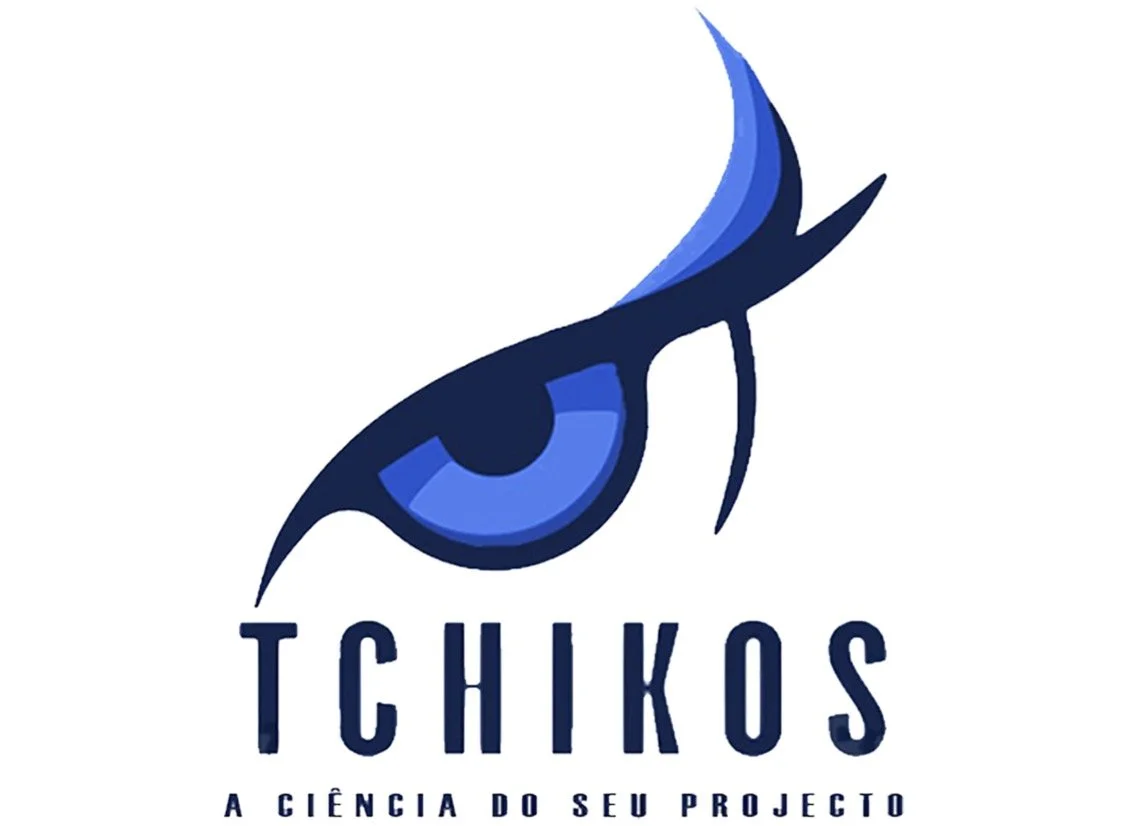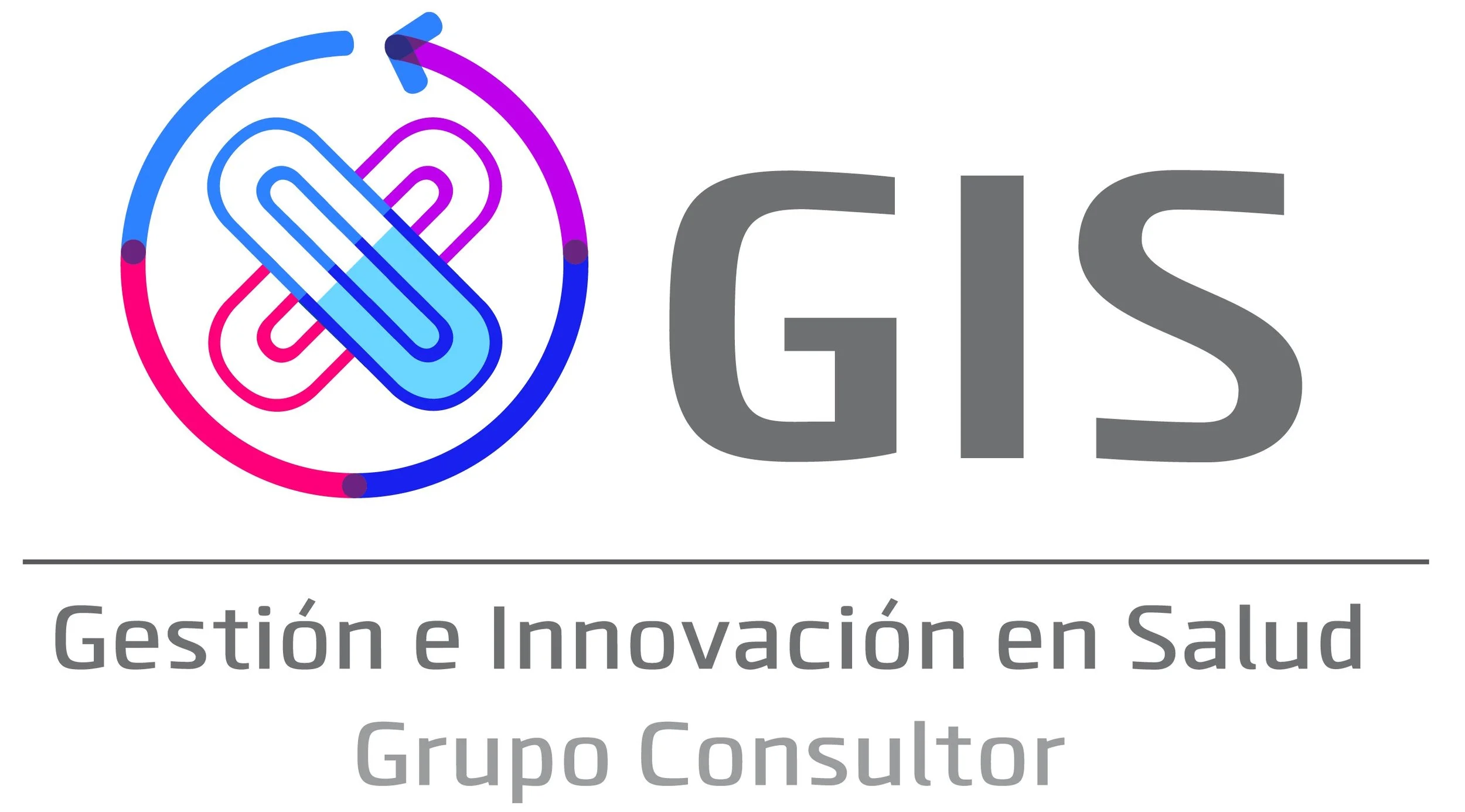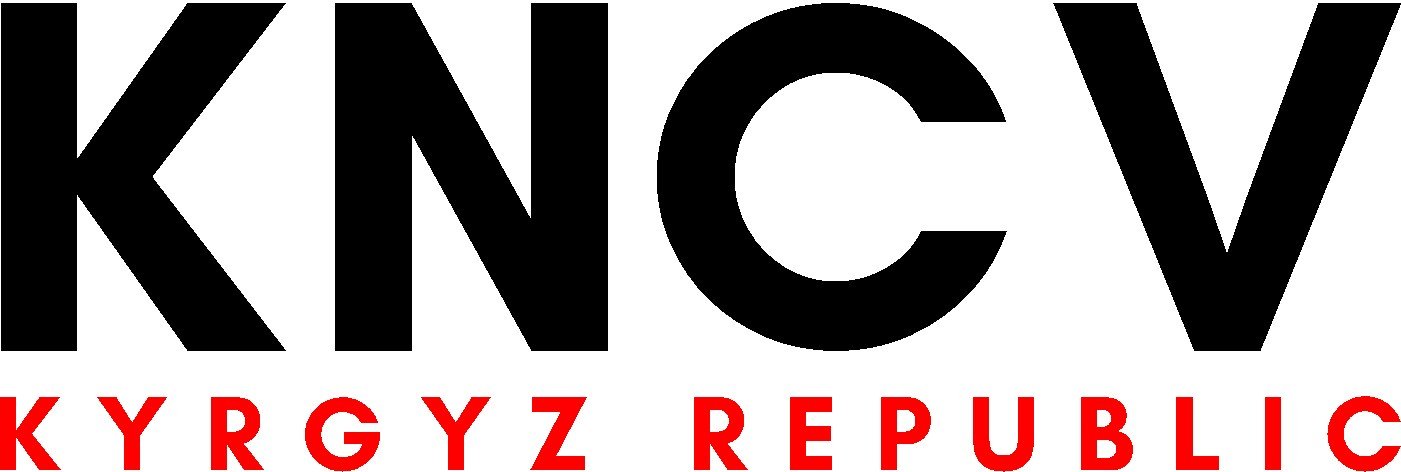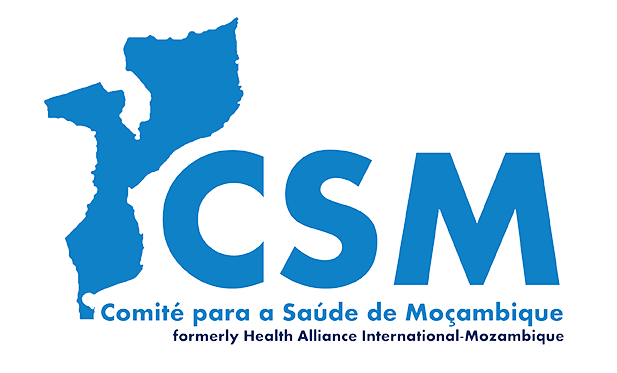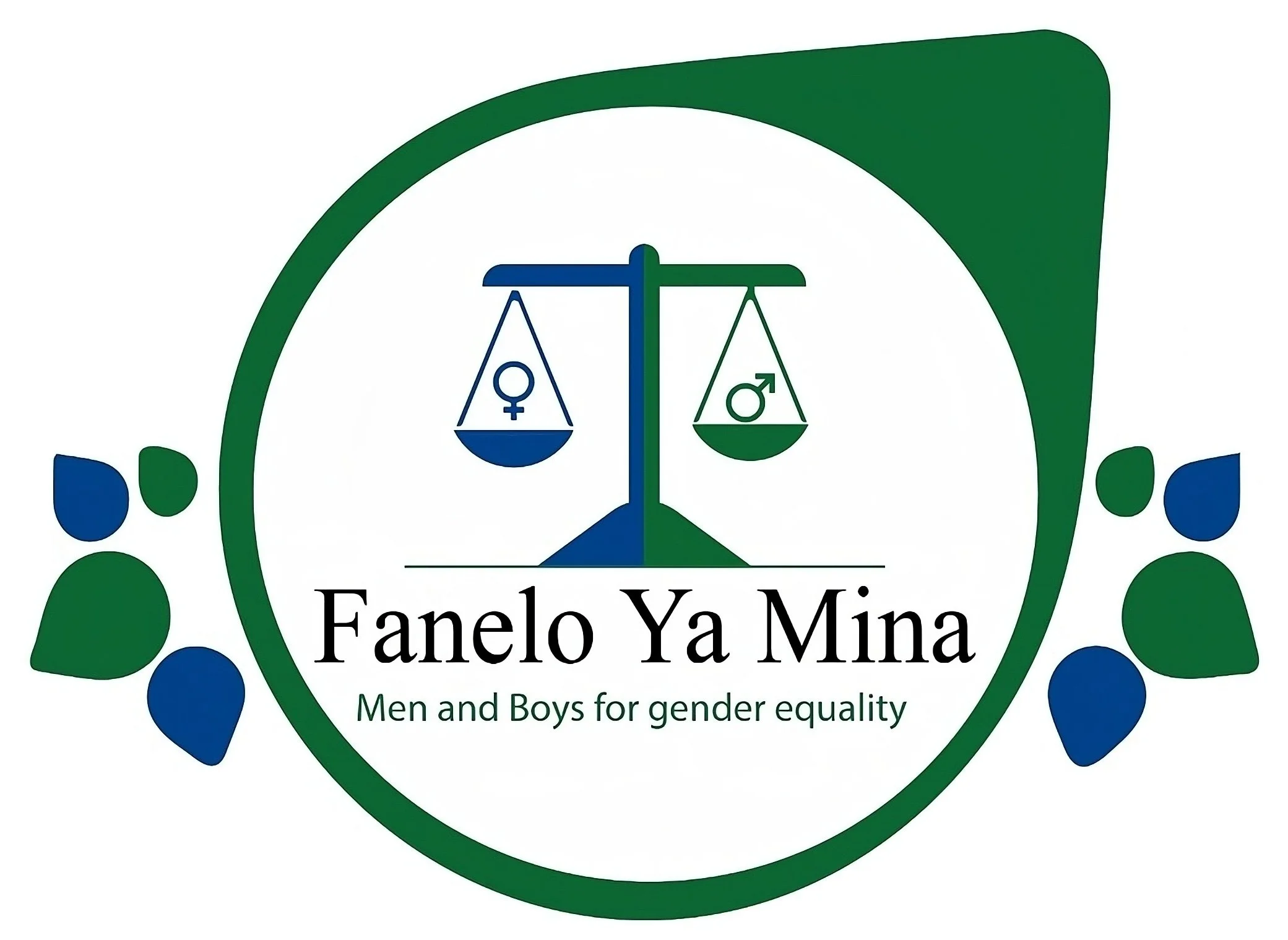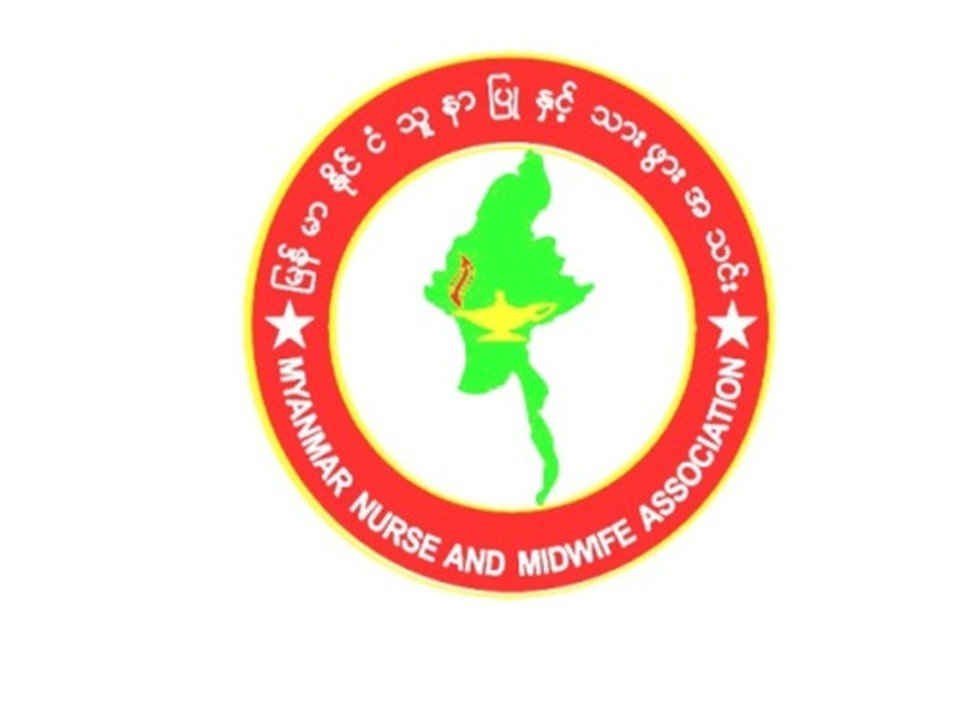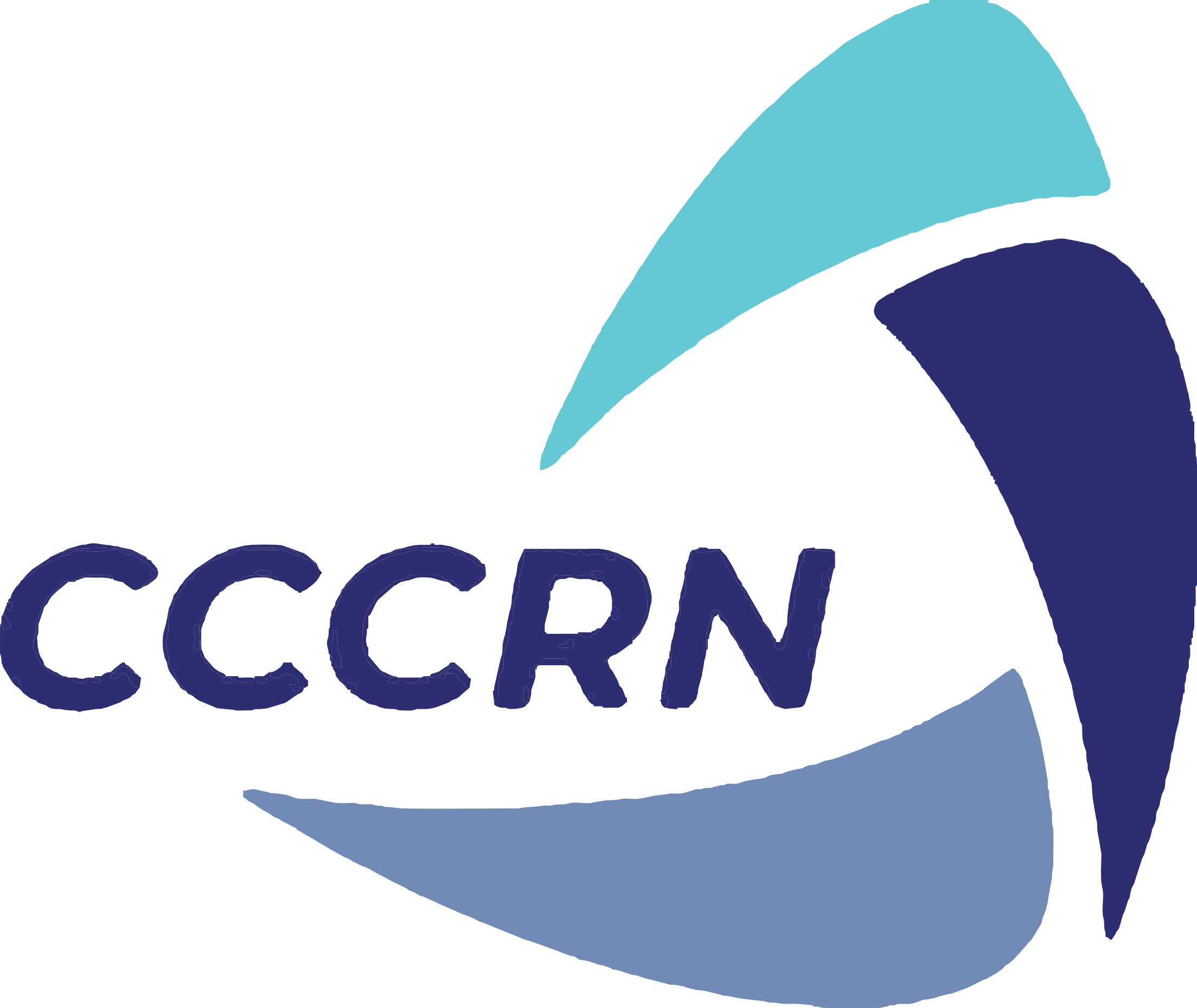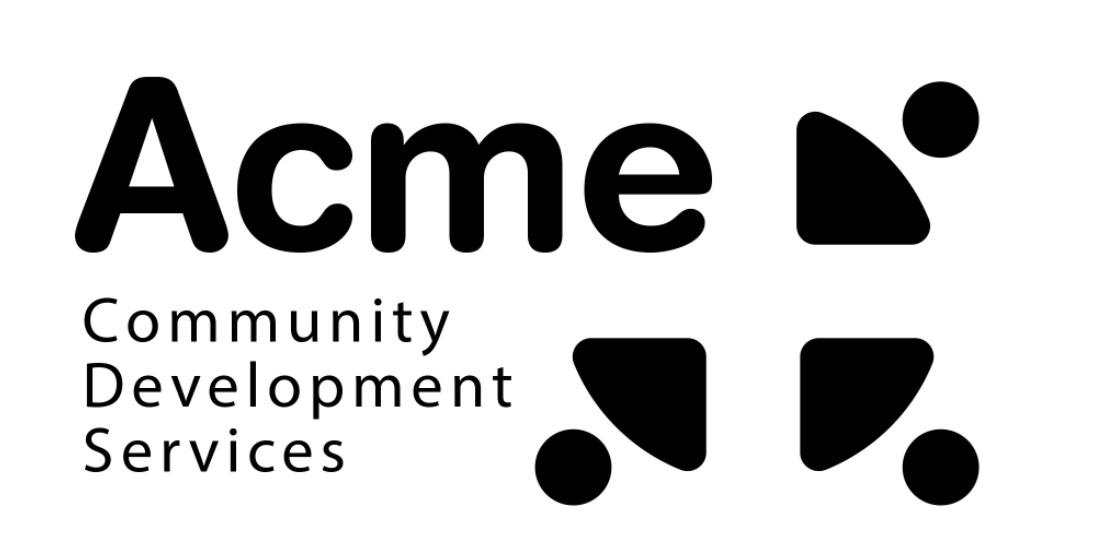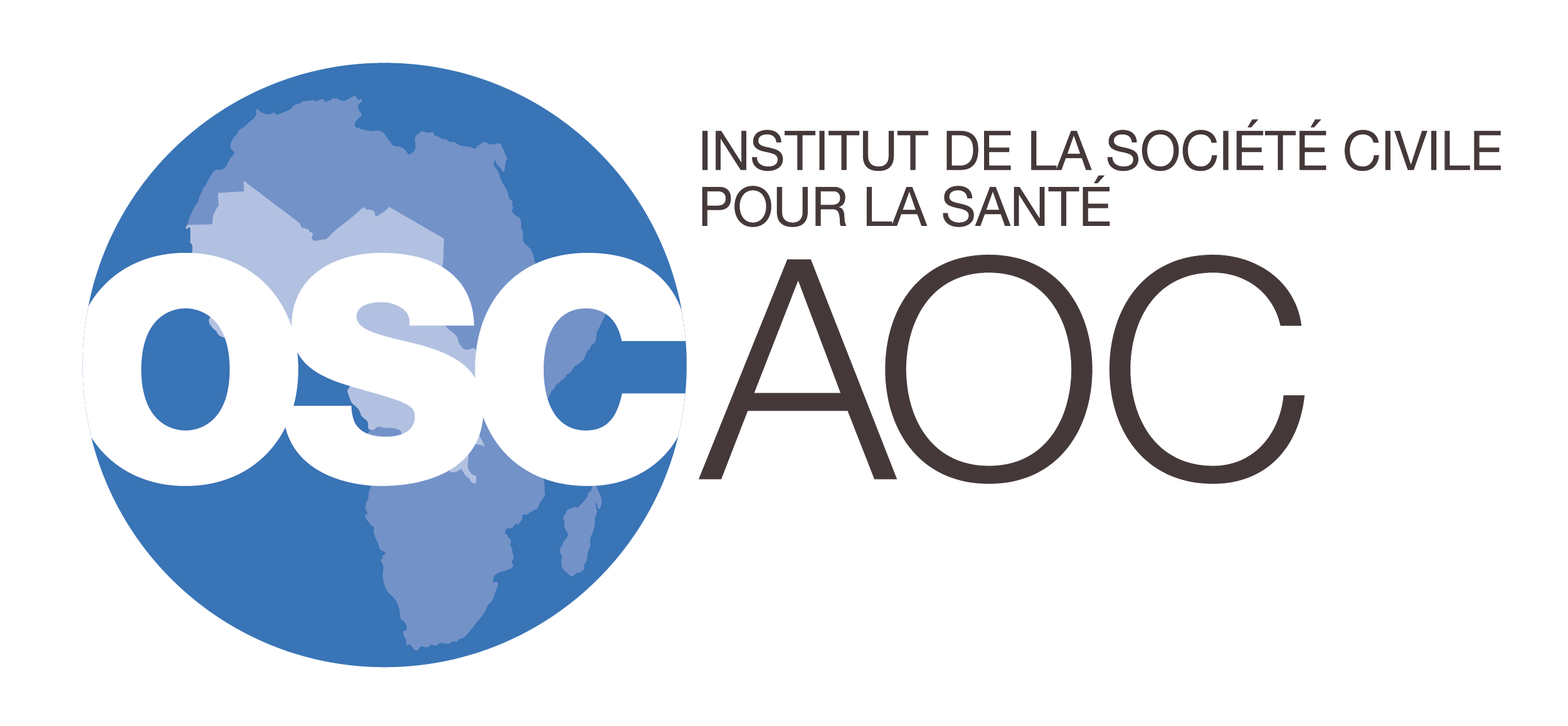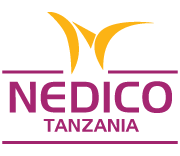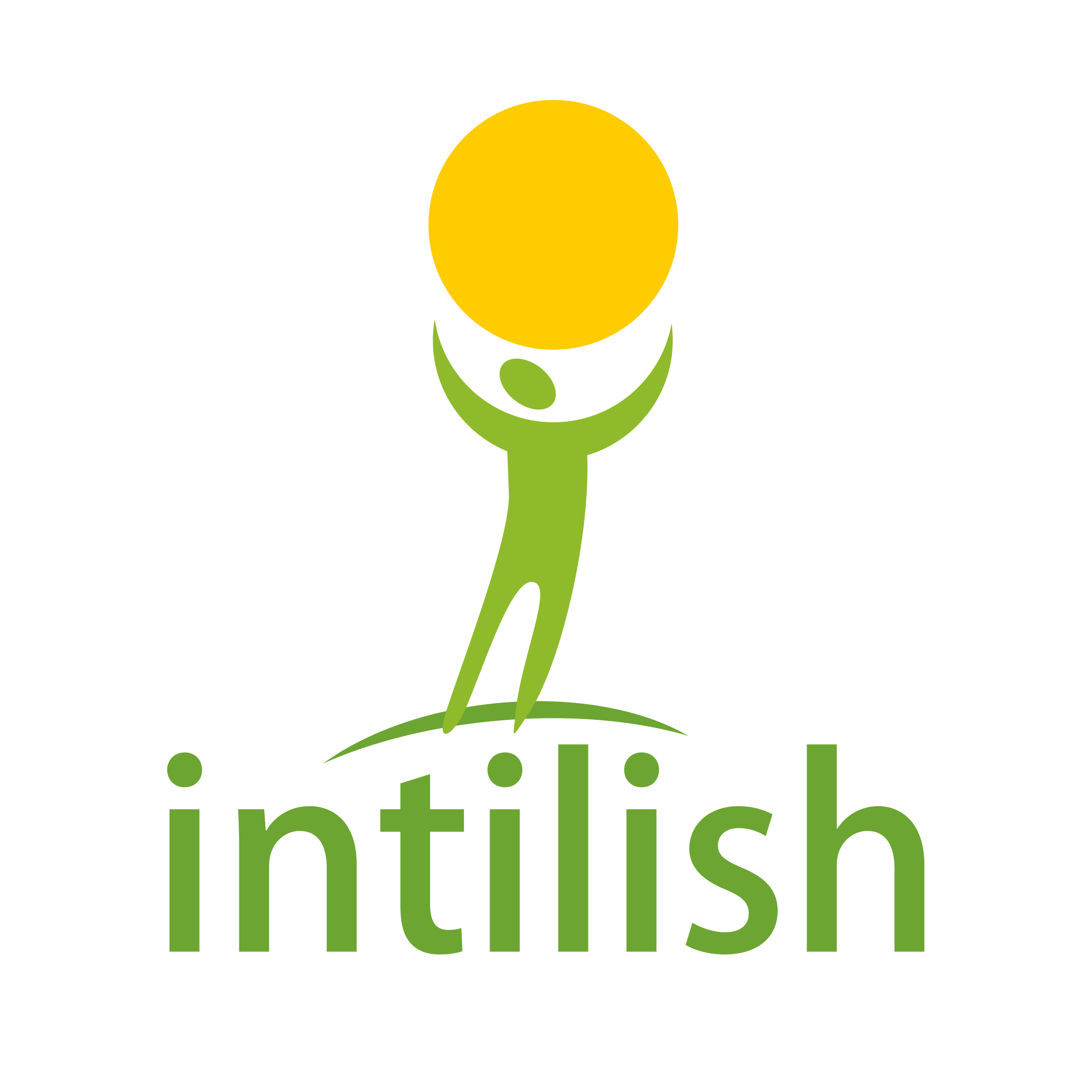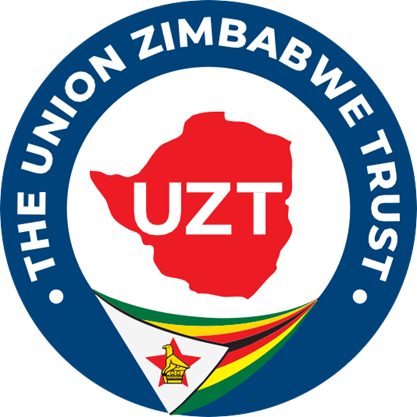Regional & Local Partners
HIPPOS-Global partners with local for-profit and nonprofit organisations, providing technical and managerial support with the aim of effectively conceptualising, planning, budgeting, implementing, monitoring, reporting, and ultimately communicating results and lessons in health programming. At every stage of implementation, HIPPOS-Global works in close coordination with local and regional partners to ensure the delivery of high-quality, high-impact results.
To date, HIPPOS-Global has signed partnership agreements with 33 local and regional organisations across 27 countries in Africa, Eurasia, and Latin America.
Our Partners in Africa
-

ANGOLA
Tchikos
-

BENIN
CERRHUD
Institut de Recherche Clinique du Bénin
-

BURUNDI
APARIC
CAPES+
-

DRC
LNAC
-

GHANA
Ghana National TB Voice Network
-

KENYA
IPCA
PractHealth
-

MALAWI
Paradiso TB Patients’ Trust
-

MOZAMBIQUE
Comité para Saúde de Moçambique
Fanelo Ya Mina Institute
-

NIGERIA
Acme Codes
Centre for Clinical Care and Clinical Research (CCCRN)
-

SENEGAL
CHIS-WCA
-

SOUTH AFRICA
AQUITY Innovations NPC
-

TANZANIA
NEDICO
-

UGANDA
TASO
-

ZIMBABWE
Union Zimbabwe Trust
Ourl Partners in Eurasia
-

BANGLADESH
HEED
-

CAMBODIA
KHANA (Khmer HIV/AIDS NGO Alliance)
-

GEORGIA
Partnership for Research & Action for Health
-

INDIA
TB Alert India
-

INDONESIA
Rumah Cemara
-
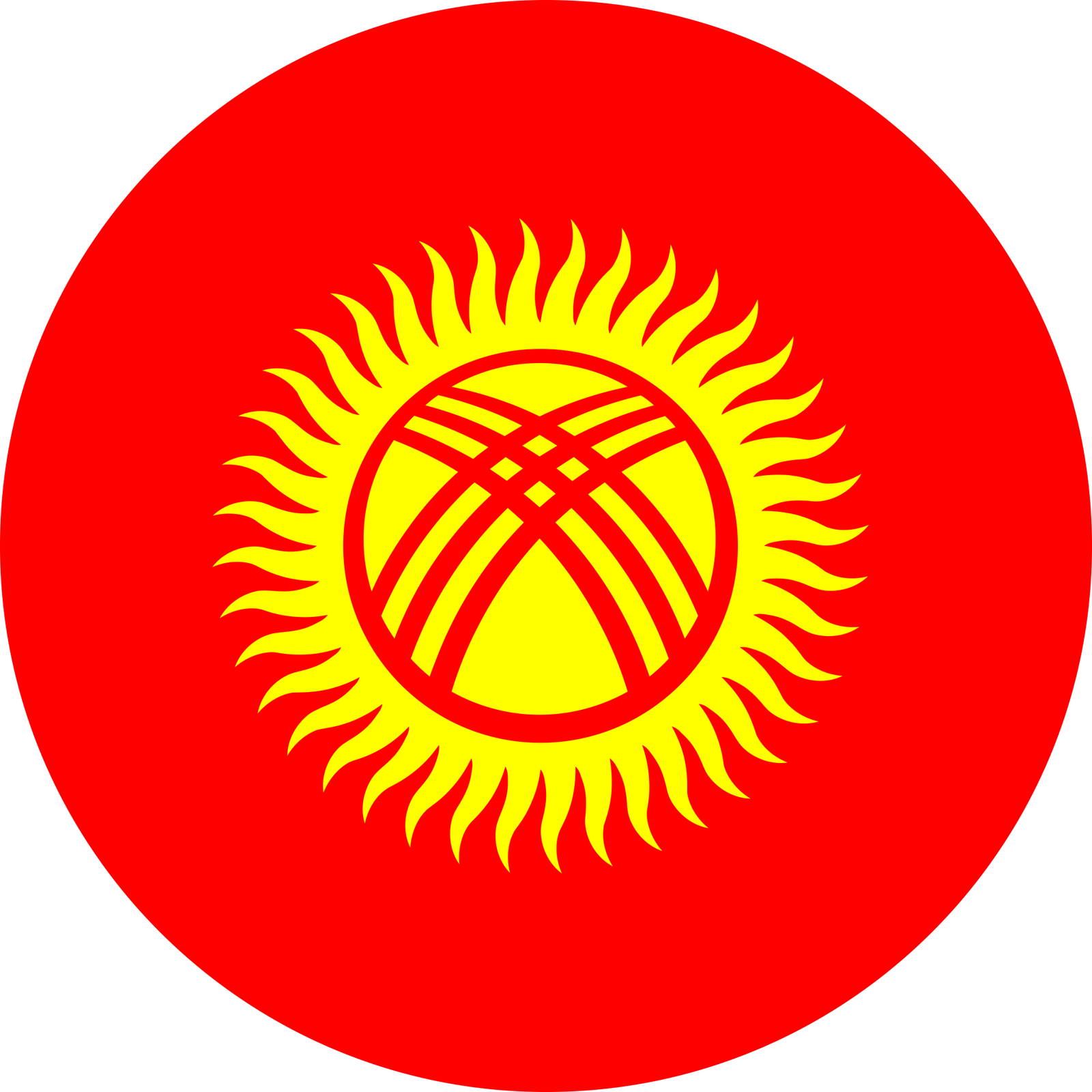
KYRGYZSTAN
KNCV KG
-

MYANMAR
MNMA (Myanmar Nurse and Midwife Association)
-

PHILIPPINES
Connected Women
Culion Foundation
-

TAJIKISTAN
KNCV (Kushhishhoi Navovarona baroi solimii Vokei)
-

UZBEKISTAN
RIEC Intilish
-

VIETNAM
Friends for International Tuberculosis Relief
ANGOLA
Tchikos, operated by Domus Custodius LDA, is an Angolan consulting agency specializing in project monitoring and evaluation. With national reach and expertise in tools like SPSS and Power BI, it conducts research and analysis on public health issues such as HIV, maternal health, and teenage pregnancy. Tchikos supports evidence-based decision-making and has delivered projects for WHO, UNAIDS, USAID, and others.
BANGLADESH
HEED Bangladesh is one of the largest Christian faith-based NGOs in Bangladesh, operating since 1974 to empower marginalized communities., empowers marginalized communities through health, education, economic empowerment, disaster response, and climate action. In partnership with donors, they lead programs in TB control, COVID-19 response, flood relief, and safe schooling. HEED also runs rehabilitation centers and shelters, using capacity-building and mobile clinics to build resilient communities across 32 districts.
BENIN
CERRHUD, based in Cotonou, Benin, is a leading public research center advancing health and well-being in Africa. It produces high-quality, contextualized health data, supports evidence-based policies, and offers advanced training. Known for scientific excellence and strong partnerships, CERRHUD co-creates solutions with stakeholders through a participatory, locally grounded approach. Key programs include leadership training in maternal and child health and research fellowships for young professionals.
Institut de Recherche Clinique du Bénin (IRCB) is a clinical research center, conducting high-quality biomedical and innovative research focused on infectious and tropical diseases. The clinical facilities of the center are dedicated to clinical, epidemiological, and social science-based studies. The laboratory facilities of the center are well-equipped for immunological, parasitological, and bio-molecular assessments.
BURUNDI
APARIC is an independent, private, and non-profit organization founded by men and women with multidisciplinary backgrounds of doctors, lawyers, psychologists, engineers, economists, etc. Its vision is to build strong communities capable of facing individual and collective threats. Its mission is to improve the capacity of communities, particularly those who are most at risk, and strengthen their access to quality services.
APARIC's goal is to promote and provide quality support for community initiatives. Its objectives are to strengthen the leadership and community mobilization and support programs for vulnerable populations; to establish partnerships and build coalitions between various actors: public, associations and private stakeholders to effectively address community needs and to develop or design innovative strategies and models to increase community participation and empowerment.
APARIC uses a partnership approach to build strengthen the capacity of small associations by providing technical assistance.
CAPES+ (Collectif Des Associations Des Personnes Infectees Et/Ou Affectees Par le VIH/SIDA), funded in 2009, is a collective of associations fighting against HIV/AIDS throughout Burundi.
Its vision is: “A Burundi where people living with HIV are independent and age healthily thanks to appropriate and innovative treatments”.
Its objectives are to contribute to the prevention and treatment of HIV infection, to reduce the impact of HIV by encouraging individual and community action, to promote human rights of PLHIV, to serve as a “watchdog” for the HIV grants management, to advocate for good organizational governance to ensure fair and rational management in the fight against HIV.
CAPES+ contributes to the development of income-generating activities, advocacy for effective care for people living with HIV, and community monitoring. CAPES+ is one of three associations implementing Community-Led Monitoring and supported by PEPFAR and Global Fund.
CAMBODIA
KHANA (Khmer HIV/AIDS NGO Alliance), established in 1996, is an accredited partner of the Frontline AIDS, based in United Kingdom (formerly known as the International HIV/AIDS Alliance). KHANA is one of the local non-governmental organizations providing HIV and TB prevention, care, and support services at the community level in Cambodia.
KHANA also specializes in the fields of integrated sexual and reproductive health, family planning, maternal-child health, viral hepatitis, non-communicable diseases, and livelihood programming. In addition, KHANA expands its work to implement broader health including the past and recent immunization and pandemic prevention, preparedness and response projects in order to address the emerging health threats faced by key and vulnerable populations that they have been serving.
Our vision is to support community ownership and empowerment, where all people have equitable access to sustainable development opportunities and quality health care. Our Mission is remaining a leader in HIV and TB response, while addressing wider health and development needs.
KHANA currently operates in 19 provinces across Cambodia with diversified projects, including HIV/AIDS prevention, SHIFT-TB and SAPPHIRE. KHANA has been known one of the key players in community-based programming which include mobilizing, empowering, and supporting community to lead and response to their own health, monitoring the services delivery but also strengthening the organizational and institutional capacity of the CBOs, community networks, and NGOs in Cambodia.
DEMOCRATIC REPUBLIC OF CONGO
The Ligue Nationale Anti-Tuberculeuse et Anti-Lépreuse du Congo (LNAC), a Congolese NGO founded in 1963, fights TB, leprosy, HIV/AIDS, malaria, and related diseases. With 14 branches and community networks, it improves healthcare access, advocates for patients, and promotes behavior change. Partnering with the Global Fund, WHO, and others, LNAC is a key player in civil society and health governance in the DRC.
DOMINICAN REPUBLIC
Grupo GIS, a Dominican Republic-based consultancy founded in 2016, offers technical assistance, health systems strengthening, and strategic program design across Latin America and the Caribbean. They partner with ministries of health, donor agencies, NGOs, and private institutions to enhance healthcare delivery through data-driven planning, M&E, and continuous quality improvement. Grupo GIS specializes in adapting global best practices to local contexts, fostering resilient health systems responsive to public health needs, particularly in maternal and child health, non-communicable diseases, and universal health coverage.
GEORGIA
The Partnership for Research and Action for Health (PRAH) is a Georgian non-profit founded in 2006 to strengthen public health through research, training, and policy innovation. Focusing on HIV, HCV, TB, NCDs, and harm reduction, PRAH conducts applied studies and offers short courses in implementation science and epidemiology. It partners with health authorities and academic institutions to inform policy and reduce disease burden in Georgia and the region.
GHANA
The Ghana Network of TB Voice Network (GNTBVN) is a community-based organization dedicated to TB prevention, control and elimination through treatment support, and advocacy since 2015. With over 400 active volunteers and 15 staff members, we support approximately 5,000 TB patients annually. We promote health and quality of life by supporting elimination of TB and its associated stigma in affected communities. This mission is accomplished through strategic advocacy and policy dialogues, effective social mobilization, comprehensive education programs, and sustainable partnerships with governmental and non-governmental stakeholders. We envision a TB-free country, zero TB deaths and stigma against TB patients, and universal access to prevention and care services.
INDIA
TB Alert India (TBAI) is a non-profit operating with the vision of a TB-free India. Focusing on holistic tuberculosis care, TBAI addresses medical, psychosocial, and economic barriers to TB testing and treatment. The organization augments India’s National TB Elimination Program by building community awareness, improving case detection, supporting treatment adherence, training service providers, and advocating for integration with other health priorities like HIV and diabetes. It implements outreach, care, advocacy, research, and partnerships across Telangana, Andhra Pradesh, and Delhi, collaborating with stakeholders to ensure no TB-affected individual is left unsupported.
INDONESIA
Founded in 2003 by people who used drug, Rumah Cemara is a peer-led Indonesian organization improving the lives of people with HIV, people who use drugs, and marginalized groups. It promotes harm reduction, peer support, and advocacy, using community tools like cafes, sports, and public events to reduce stigma, secure local funding, and foster inclusion.
KENYA
IPCA (Infection Prevention & Control Associates) is a for-profit limited company with over 10 years of experience in providing technical assistance to strengthen resilient health systems. IPCA focuses on key program areas including health system strengthening, HIV, TB, malaria, quality improvement, data use for decision-making, and infection prevention and control—with an emphasis on general infection control, antimicrobial resistance and healthcare waste management.
PractHealth is a Kenyan healthcare consulting firm offering practical solutions to health and development challenges across Sub-Saharan Africa. With expertise in public health, health systems, supply chains, and digital health, it supports strategy, policy, evaluation, and public-private partnerships. Through its consulting and pharmaceutical arms, PractHealth delivers quality medical products and partners with global leaders like Merck. Its work advances health equity, universal coverage, and stronger health systems across the region.
KYRGYZSTAN
KNCV Kyrgyzstan (Public Foundation “KNCV KG”) was registered in the Kyrgyz Republic in August 2019 and works closely with the National Tuberculosis Program. The foundation supports the introduction of innovative TB diagnostics and treatment approaches, including validation and decentralization of nanopore sequencing for drug-resistance detection. It also collaborates with the Sanitary and Epidemiological Service on COVID-19 testing and molecular surveillance, and pilots the engagement of private healthcare providers to expand TB case finding. Current plans include developing an all-in-one sequencing approach integrating TB, COVID-19, and other pathogens. KNCV KG additionally conducts costing, accessibility, and visibility studies to inform sustainable scale-up of new tools and interventions.
MALAWI
Paradiso TB Patients’ Trust is a grassroots, community-based organization founded by TB survivors. It aims to improve the lives of those affected by tuberculosis and HIV/AIDS, particularly in marginalized and rural areas. Operating in over 20 communities, Paradiso mobilizes peer educators and volunteers for awareness campaigns, referral of symptomatic individuals, treatment adherence support, and stigma reduction. The organization also provides nutritional support, orphan care, and psychosocial support. Paradiso is a key civil society voice in Malawi’s national TB response, contributing to patient-led advocacy, capacity building for community-based organizations, and expanding community TB care models.
MOZAMBIQUE
Comité para Saúde de Moçambique (CSM) is a Mozambican NGO strengthening primary healthcare through public health, education, and civic engagement. Since 2010, it has led projects on HIV, maternal health, WASH, youth leadership, and environmental health. Working with government and global partners, CSM provides training, digital tools, and community mobilization to promote equitable, evidence-based healthcare and citizen participation in health governance.
Fanelo Ya Mina Institute is a women and youth-led nonprofit founded in 2011. It advances gender equality and positive masculinities by engaging men and boys as allies. The organization challenges patriarchal norms, promoting shared caregiving, responsible fatherhood, and gender-based violence prevention through campaigns, school programs, peer mentoring, community dialogues and advocacy. Fanelo Ya Mina also trains local leaders to address harmful gender dynamics, fostering healthier families and equitable communities by shifting norms and encouraging male accountability in social justice.
MYANMAR
MNMA (Myanmar Nurse and Midwife Association) is one of the oldest and largest local NGO in Myanmar operating since 1948. We are a professional organization working on nursing and midwifery professions and improvement of the health of the country. MNMA has 363 branches with over 30,000 members including the licensed Nurses, Midwives and local health volunteers.
In collaboration with international and local organizations, we implement programs for strengthening the capacity of nurses and midwives.
Since 2016 we implemented Prevention, Control and Eradication of Malaria (DEFEAT Malaria) and President’s Malaria Initiative Eliminate Malaria (PMI-EM) programs both funded by USAID. Our members provide antenatal, maternal, newborn and childcare at our maternity clinic in Yangon.
NIGERIA
Acme Community Development Services (Acme Codes) is a registered non-profit organization in Nigeria committed to strengthening community wellbeing through meaningful engagement, empowerment, and sustainable action. The organization focuses on addressing the root social determinants of health, including poverty, limited access to services, and social inequities. Acme works collaboratively with communities, government systems, and partners to co-create solutions that improve health, livelihoods, and resilience. Through evidence-driven programming, advocacy, and capacity strengthening, Acme supports communities to understand their challenges, mobilize resources, and drive change from within. Its mission is to build healthier, more equitable communities where every individual could thrive.
The Center for Clinical Care and Clinical Research (CCCRN) is a leading West Africa–based non-profit organisation with headquarters in Abuja, Nigeria.
Our mission is to address health and social service needs through partnerships and innovations that improve the quality of life of underserved populations across borders.
CCCRN has, since 2010, collaborated with governments, global agencies, and communities to deliver lifesaving health and social interventions to over 8 million people. We bridge policy and grassroots action, utilising community-driven solutions, cutting-edge data systems, and sustainable innovations to improve health, strengthen livelihoods, and respond to humanitarian crises. Our team consists of skilled professionals with expertise in public health, social work, program management, and humanitarian relief.
Our vision is a world where every person, regardless of their background, can live with dignity, health, and equity. Our strategic approach is partnership, aimed at adapting proven programs into resource-constrained and conflict-affected regions of Sub-Saharan Africa.
SENEGAL
The Civil Society Institute for Health in West and Central Africa (CSIH-WCA) is a regionally led platform uniting 150 civil society and community-based organizations across 21 countries. Established in 2018, CSIH-WCA strengthens the capacity of local organizations to deliver effective and sustainable health programming in the region.
The CSIH-WCA serves as a critical bridge between communities and decision-makers, advocating for inclusive health policies and financing while coordinating civil society action to maximize impact. CSIH-WCA addresses evolving health challenges including HIV/AIDS, malaria, tuberculosis, climate-related health impacts, and sexual and reproductive health, with a focus on reaching the most vulnerable populations. Through regional convenings and strategic partnerships, CSIH-WCA amplifies community voices and promotes evidence-based, integrated health responses across West and Central Africa.
TAJIKISTAN
KNCV (Kushhishhoi Navovarona baroi solimii Vokei) started its activities in Tajikistan in 2012, supporting the health system and the implementation of the National Tuberculosis Program. Since June 2023, it has been officially operating as an independent public organization
KNCV focuses on combating TB and other infectious diseases, as well as strengthening the health system overall. So far, we have implemented five TB projects by introducing modern, WHO-recommended diagnosis, treatment and prevention methods and technologies, ensuring their safe and effective use.
KNCV currently implements two projects: COMBAT DR-TB, supported by UNITAID, aimed at improving treatment for drug-resistant TB, and SCAF TB, supported by Johnson & Johnson, protecting children and families.
THE PHILIPPINES
Culion Foundation, Inc. (CFI) is a non-profit development organization founded in 1976, rooted in Culion Island's history as a colony for persons with leprosy. It addresses health (TB/leprosy, maternal/child health), environmental (marine protection, mangrove rehab), and community development challenges across the Philippines, integrating grassroots efforts with systems strengthening. CFI also conducts research, disaster preparedness, and youth education, partnering with local governments and global donors for sustainable, community-owned solutions. With 48+ years of experience, CFI is known for its evidence-based health interventions and award-winning environmental and community development programs, fostering resilient communities.
Connected Women is a multi-awarded organization that upskills women from underserved communities for tech careers. With 2,000+ trained AI data annotation specialists, the data services business unit, Mettamatch, delivers high-quality ethical AI services at scale to global clients. Recognized globally by MIT, UN Women, and ITU, the organization also serves a 200,000-strong community of Filipino women through pioneering technology programs, advancing SDGs through responsible AI development, inclusive innovation, and women's economic empowerment.
SOUTH AFRICA
AQUITY Innovations NPC, a non-profit founded in 2010, strengthens public health systems and improves healthcare delivery across Southern Africa. They focus on local capacity development to combat TB, HIV, and other infectious diseases. AQUITY offers technical assistance in health financing, human resources, private sector engagement, and digital innovation (predictive modeling, geospatial analytics) for evidence-based interventions. Their community-centered approach ensures inclusive access to care for underserved populations, partnering with governments, donors, and stakeholders to scale sustainable health solutions.
TANZANIA
Part of the New Dimension Consulting group, NEDICO (established in 2006) delivers high-quality technical and managerial consulting services across East and Southern Africa. With offices in Harare, Namibia, Kenya, and Dar es Salaam, NEDICO supports health, development, and governance programs through monitoring & evaluation, operational research, strategic planning, and program management. The firm has facilitated data roadmap workshops, TB roadmap planning, and public sector engagements, enhancing the capacity of governments and NGOs to use data-driven insights and improve service delivery.
UGANDA
The AIDS Support Organization (TASO) is Uganda’s pioneering HIV/AIDS service NGO, founded in 1987. With over 4,000 members, TASO provides comprehensive care, including counseling, community mobilization, medical support, TB/HIV integration, lab strengthening, and advocacy. It actively contributes to TB elimination strategies, ARV and TB drug provision, community monitoring, and national policy development. Recognized for its leadership in health systems and social services, TASO continues scaling services and research across Uganda and beyond.
UZBEKISTAN
RIEC Intilish is a national NGO and info-education center operating across all 14 regions of Uzbekistan, dedicated to improving health and social protection for vulnerable populations. Working with US AID, UNODC, and local entities, Intilish supports “End TB Uzbekistan” programs providing psychological support, social assistance, counseling, and referrals for TB patients—especially children and prison-affected populations. Its broader mission includes enhancing well-being, education, and integration of those affected by infectious diseases, psychiatric conditions, addiction, and incarceration.
VIETNAM
FIT (Friends for International Tuberculosis Relief) is a Germany-founded NGO focused on ending TB and combatting other infectious and non-communicable diseases through service delivery, technical assistance, economic evaluation, research and policy translation. Core competencies include active case finding/detection, public private partnership, AI & diagnostic evaluation, social protection and support, and community engagement. FIT operates in 14/34 provinces of Vietnam in close collaboration with national and provincial governments and authorities in TB, HIV and public health, and 3,000+ public and private healthcare providers from primary to central levels, and with strong ties to finance, foreign affairs and public security authorities. www.tbhelp.org
ZIMBABWE
The Union Zimbabwe Trust (UZT), established in 2019 and legally registered as a trust, is a scientific NGO focused on improving health among marginalized communities. UZT designs, implements, and evaluates public health programs on TB, lung health, and non-communicable diseases, working within national priorities. It is actively engaged in integrated community TB/silicosis screening, with other risk factors such as HIV, malnutrition and alcohol misuse disorders, with funding from the Stop TB Partnership. UZT has managed multimillion grants and cooperative agreements from USAID; CDC; the Global Fund and other funding agencies.

